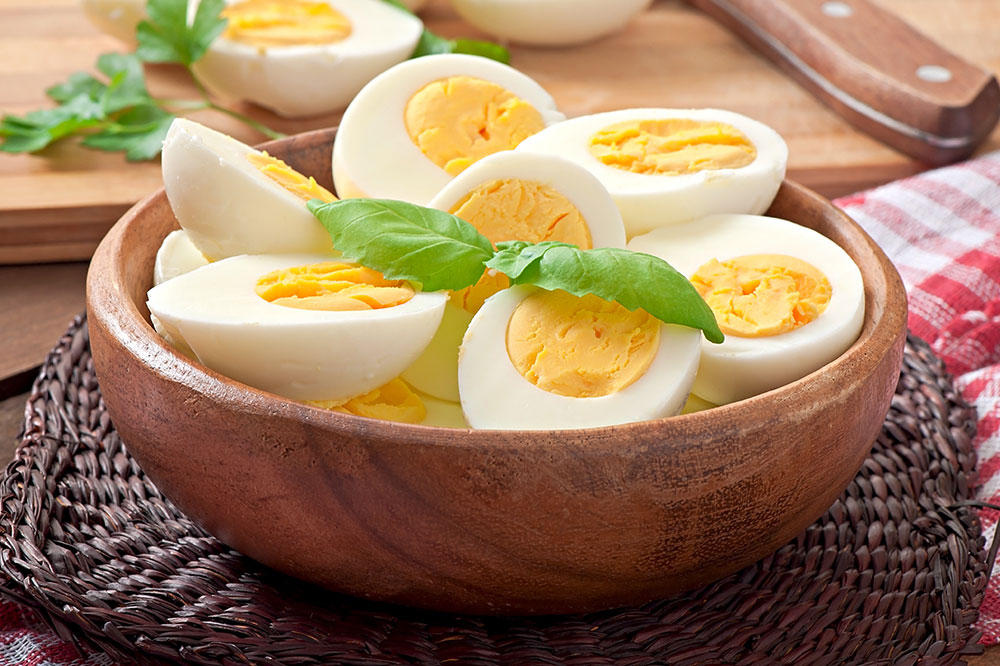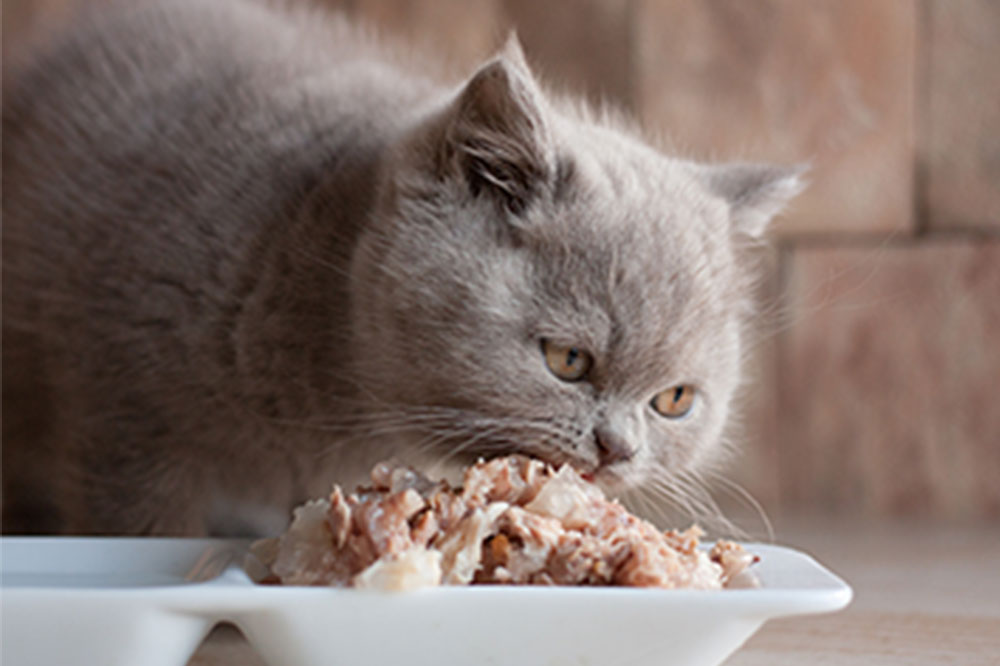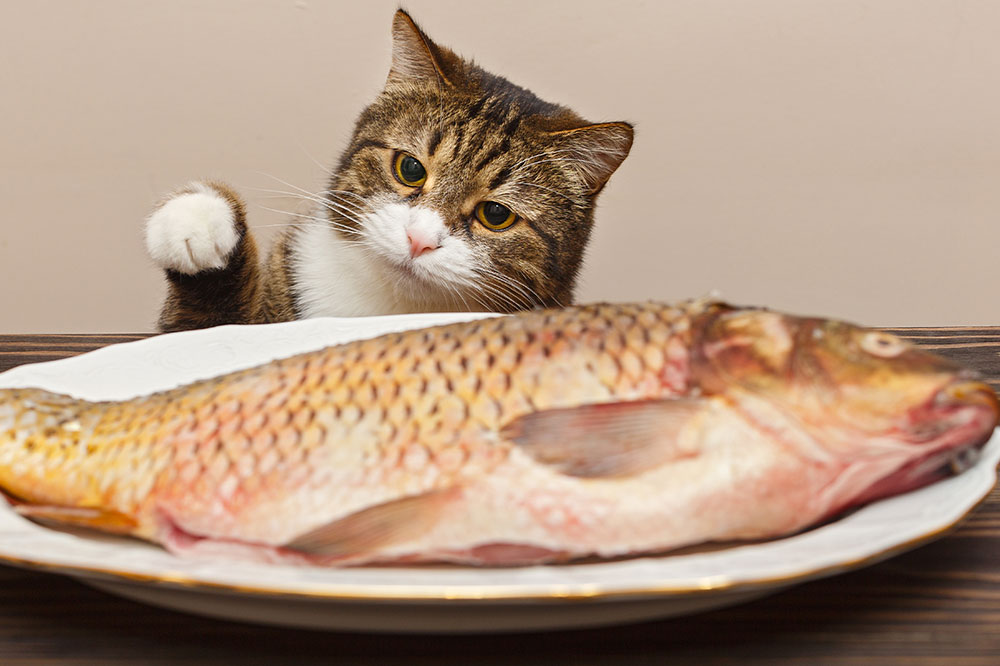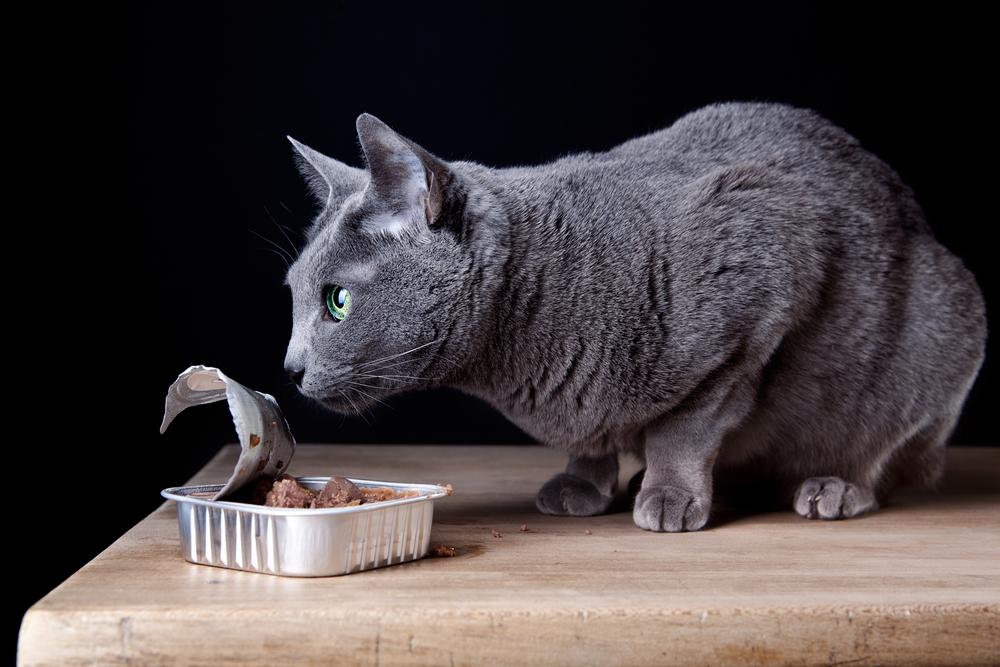Healthy Human Foods Safe for Cats to Enjoy
Discover safe human foods to supplement your cat's diet. From eggs and fruits to lean meats and grains, learn how to prepare healthy homemade treats. Always consult your veterinarian before introducing new foods to your feline friend to ensure their health and safety.

Healthy Human Foods Safe for Cats to Enjoy
Cats are selective eaters, which is why specialized feline foods are designed to meet their nutritional needs. Nonetheless, some human foods can be safely offered to cats in small amounts, adding diversity to their diet. Preparing these foods at home allows you to provide nutritious, homemade treats instead of only relying on store-bought cat food. Here are some suitable options:
Eggs
Eggs provide vital nutrients beneficial for both humans and cats. They are included in many commercial cat formulas. Ensure eggs are cooked thoroughly and served plain, avoiding seasonings. Lightly boiled or scrambled eggs are safe as occasional feedings.
Fruits and Vegetables
Several fruits and vegetables we consume are safe for feline friends. Cooked spinach is rich in iron, calcium, and vitamins A, C, E. Pumpkin offers fiber and low calories. Small servings of banana, apple slices, blueberries, strawberries, pear, watermelon, and cantaloupe can be enjoyed by cats, but moderation is key.
White Meat
Cooked chicken and turkey are excellent sources of lean protein safe for cats. Serve only plain, thoroughly cooked meat in small portions to help them adapt gradually. Occasional treats like ham or bacon are acceptable in moderation.
Fish like Salmon
Cats love fish, especially salmon, which is high in quality protein and omega-3 fatty acids essential for immune function and digestive health. Always cook salmon thoroughly—baked, grilled, or broiled—without seasoning. Avoid raw fish, especially for kittens.
Whole Grains
Although obligate carnivores, cats can tolerate small amounts of grains. Offer tiny portions of wheat bread, oatmeal (without excess milk or sugar), or cooked millet. Brown rice, rich in fiber, can support digestion. Introduce grains gradually, observing how your cat responds.
Disclaimer:
This blog offers general information but should not replace professional veterinary advice. Consult your vet before adding new foods to your cat’s diet. The content provided is for informational purposes only, and the website is not responsible for health issues resulting from home-prepared foods. Remember that commercial diets or specific nutritional plans may suit your pet better.


